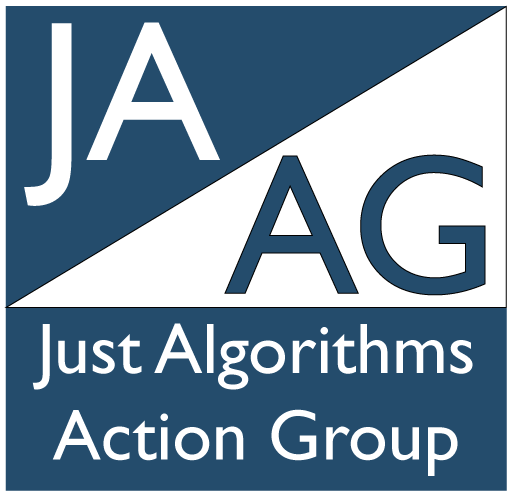JAAG EXPLAINER N° 2
Why should I worry more about AI than about other technologies?
AI is very different from other technologies we are used to, and brings with it risks and the potential for harm.
By ‘artificial intelligence, or ‘AI’, we mean technologies that can perform tasks that would otherwise require human intelligence and learn or adapt as new system information is received.
A number of factors set AI apart from other technologies, each of which brings benefits and challenges:
The ability to learn, adapt, and make decisions without human intervention using algorithms (the instructions that drive AI)
Complexity - making it difficult to understand how decisions are made (the ‘black box’ issue), and whether the data is valid and up to date.
Scale and potential – they are used across the globe in most sectors (governments, business, and criminal organisations).
All the above are conducted at great speed, generating results that may or may not be fit for purpose (this could be crucial if the results are used in real time).[1]
According to the UK Government definition of AI:
“There is no general definition of AI that enjoys widespread consensus. That is why we have defined AI by reference to the 2 characteristics that generate the need for a bespoke regulatory response.
The ‘adaptivity’ of AI can make it difficult to explain the intent or logic of the system’s outcomes:
AI systems are ‘trained’ – once or continually – and operate by inferring patterns and connections in data which are often not easily discernible to humans.
Through such training, AI systems often develop the ability to perform new forms of inference not directly envisioned by their human programmers.
The ‘autonomy’ of AI can make it difficult to assign responsibility for outcomes:
Some AI systems can make decisions without the express intent or ongoing control of a human.”
Because AI is used in many ways that affect us all - to provide information, to undertake transactions, or to take decisions about our services and benefits (such as credit agencies or state benefits systems) - it is vital that it does its job fairly and accurately and that people are not harmed or disadvantaged as a result.
AI has to be ethical [See Explainer 3, Explainer 4]
For more on AI, and its resultant challenges and risks, watch this video by the Organisation for Economic Cooperation and Development (OECD).
See also Why AI Is Different Than Any Other Invention or Technology in Human History, Dr. Mike Brooks March 10, 2023, Interaction with ChatGPT on 3/10/23. https://www.drmikebrooks.com/why-ai-is-different-than-any-other-invention-or-technology-in-human-history/
